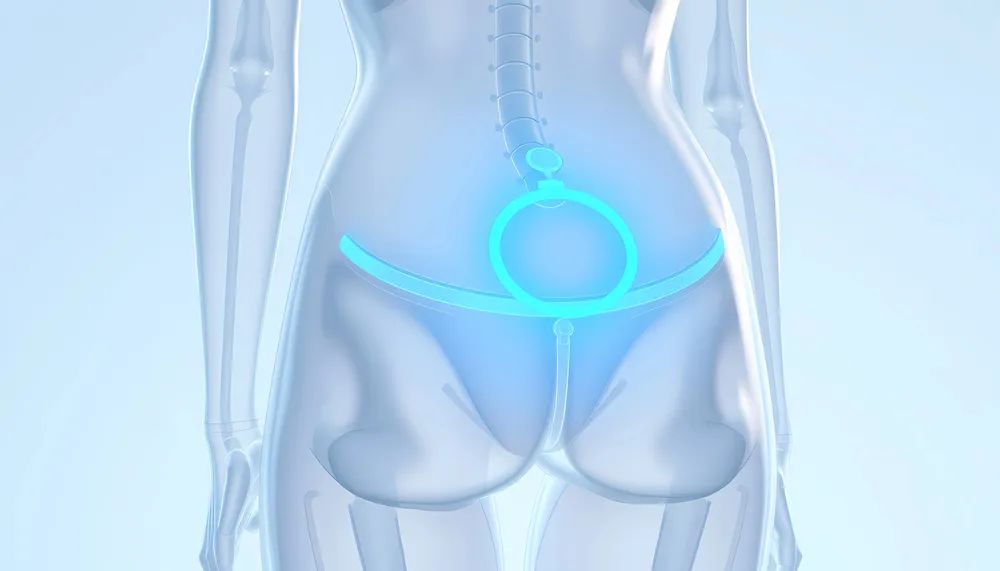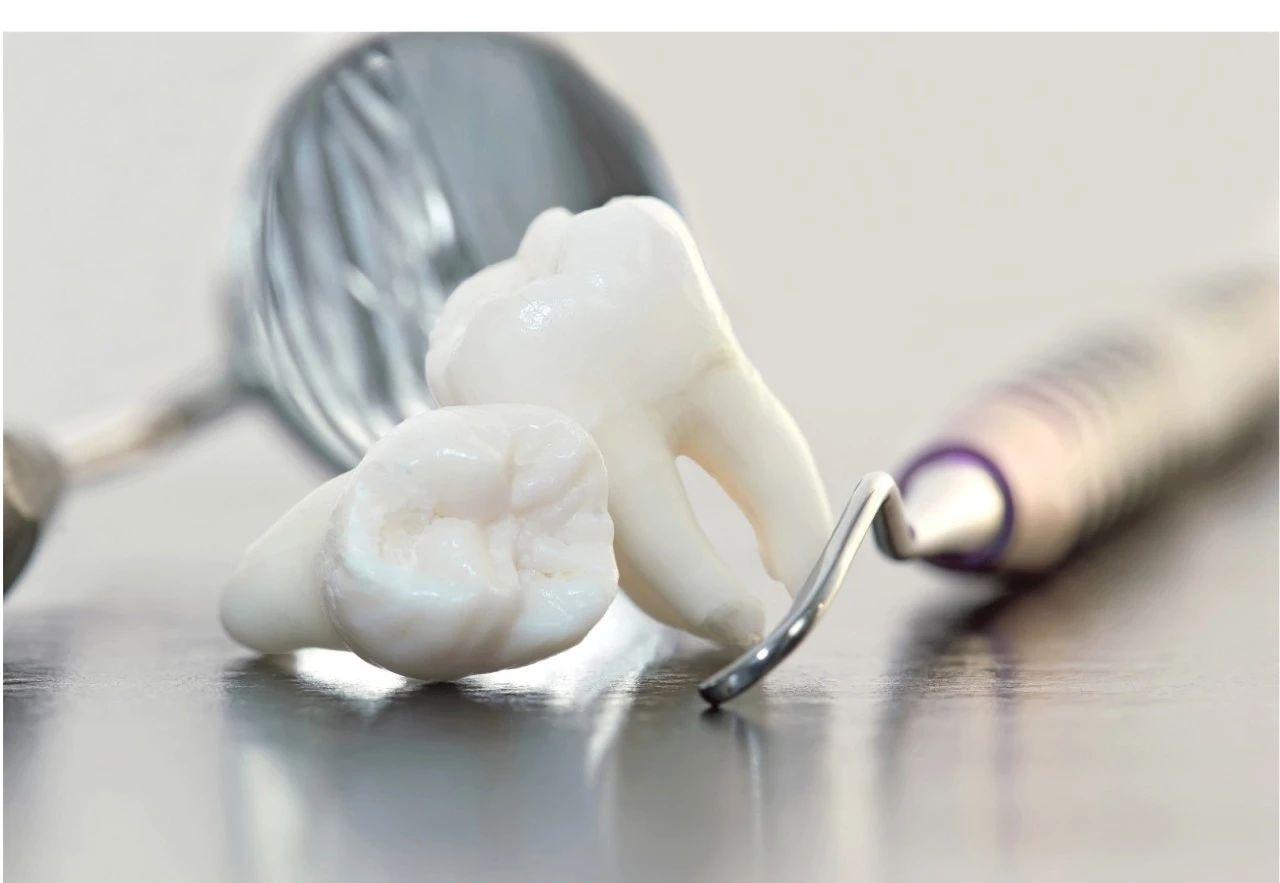Can Stress Cause Stomach Problems?
2021-04-22

Stress doesn’t just make you feel tense – it can have real physical effects on your body, including your gut. How is stress linked to acid reflux and peptic ulcers, and how can we treat them?
What is acid reflux?
Acid reflux is a disorder that occurs when there is a backflow of stomach acid into your esophagus. The acid irritates the lining of your esophagus, causing a painful, burning sensation in your chest.
Symptoms of acid reflux
- A painful burning sensation in your esophagus, especially during and after eating
- Worsening chest pain when lying down
- Pain when swallowing
- Sour liquid being regurgitated at the back of your throat
- The feeling of an object stuck at the back of your throat

Can stress cause acid reflux?
Stress increases acid production, which can increase the likelihood of experiencing acid reflux symptoms. This condition can be made worse if you react to stress by taking stimulants such as caffeine-based beverages, which tend to increase the incidence of reflux symptoms.
Treatment for acid reflux
Acid reflux is a relatively easy condition to treat as medication is easily available and effective. Here are some of the treatments you may be advised to take for acid reflux:
Antacids
Antacids are over-the-counter medications that neutralize stomach acid to relieve the pain of acid irritating your esophagus. However, while antacids help you feel more comfortable in the short term, they can’t heal the esophagus from acid damage. It is also important to note that the over-consumption of antacids may cause adverse side effects like loose stools or kidney complications.
Acid reducers
Acid reducers decrease the amount of acid the stomach makes. This protects the esophagus, stomach, and intestines from getting damaged. It can also help to heal damage caused by inflammation of the esophagus. Examples of the 2 types of acid reducers are H2 blockers and proton-pump inhibitors.
H2 receptor blocker
The active ingredient in H2 receptor blockers inhibits the cells in the stomach from producing acid. In a day, they can reduce stomach acid production by up to 70%. As a result, the irritated esophagus lining will have more time to heal. Cimetidine, famotidine, and ranitidine are all different types of H2 receptor blockers. This group of medications, however, can cause bowel complications like constipation and diarrhea.
Proton pump inhibitor
This group of medications works similarly to H2 receptor blockers, except that they are much stronger, reducing acid production for longer periods of time. Pantoprazole, rabeprazole, lansoprazole and omeprazole are examples of proton pump inhibitors.
Endoscopy
If medications do not alleviate your symptoms, endoscopy is usually recommended to evaluate the extent and other possible causes for the symptoms. Endoscopy also enables the taking of tissue samples from the esophagus to make sure that a severe form of gastro-esophageal reflux disease called Barrett’s esophagus has not developed. Barrett’s esophagus is a condition that increases the risk of developing esophageal cancer.
What is peptic ulcer disease?
Peptic ulcers occur when stomach acid erodes your digestive tract’s own protective mucus lining. This leads to painful, open sores in the lining of your stomach (gastric ulcer) and the upper part of your small intestine (duodenal ulcer).
Symptoms of peptic ulcer disease
- Pain in the upper abdomen
- Heartburn
- Dizziness
- Feeling full quickly when eating
- Worsening pain between meals
Rarely, more severe symptoms may occur:
- Vomiting blood
- Black stools
- Unintentional weight loss

Can stress cause ulcer disease?
The role of stress as a cause of peptic ulcers remains controversial because of difficulties associated with quantifying stress in different people. However, several studies tracking ulcer occurrence in a defined population have linked certain types of stresses to the risk of developing ulcers. These stresses include depression, work-related stress, social problems and post-traumatic stress disorder.
Studies have also shown that incidence of peptic ulcer disease rise after disasters such as city bombings and earthquakes. Individuals who develop a peptic ulcer following a traumatic life event but who are psychologically stable tend to do well after stress factors are removed.
Treatment for peptic ulcers
Peptic ulcers can usually be treated in a similar way to acid reflux by using medication to neutralize or reduce acid in the stomach. However, other approaches may be necessary. Some of the additional recommended medications can include:
Antibiotics
Helicobacter pylori is a common bacteria that can cause peptic ulcers. Once your doctor has determined that you have the bacteria present in your system, they will prescribe a suitable regimen of antibiotics to kill the Helicobacter pylori bacteria.
Cytoprotective agents
This medication increases mucus production in the stomach and increases the flow of blood throughout the digestive tract. The active ingredients form a coat to protect the ulcers in the stomach from further irritation and allow them to heal.
Endoscopy
Peptic ulcers are usually diagnosed during upper gastrointestinal endoscopy. Endoscopy is useful as samples can be taken from the stomach to ensure that the ulcer is not cancerous. Bleeding from peptic ulcer disease is usually treated by endoscopy. The doctor will identify the site of bleeding in the stomach or small intestine and apply clips to stop the bleeding.
Surgery
In very severe cases of peptic ulcer disease, a hole (perforation) in the stomach wall can occur. The hole will need to be closed surgically to avoid serious complications.
Managing your stress is key
It is important to identify the causes of your stress and address them. Sometimes, stress can’t be avoided, especially when you have responsibilities to handle. Still, you can find ways to release the built-up tension in your mind through some of the following activities, which help you produce endorphins and reduce stress hormones in your body:
- Physical exercise
- Spending time with loved ones
- Long uninterrupted sleep
If acid production is a constant source of discomfort for you, consult your doctor, who will be able to work out the best treatment plan.
For more information or to make an appointment with a Gastroenterologist, please contact us at 400.819.6622.
Article reviewed by Dr. Akiko Tomonari, Gastroenterologist at ParkwayHealth

Copyright: Health Plus an online health and wellness web resource developed by Parkway Singapore https://www.mountelizabeth.com.sg/healthplus/article/stress-and-stomach-health





























